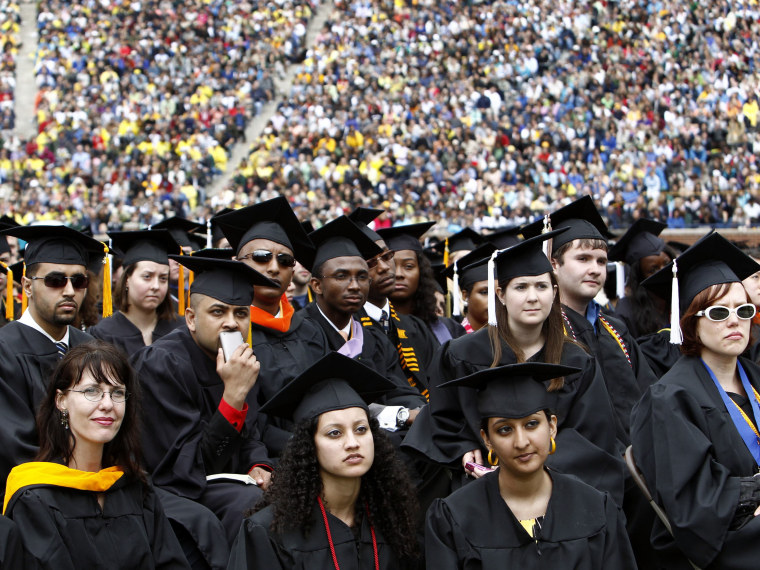Many of the recent Republican efforts to make voting harder, like requiring an ID, have appeared to target minorities and the poor. But those are hardly the only vulnerable Democratic-leaning constituencies. And in overwhelmingly white Montana, the GOP has found another group to go after.
A state Republican lawmaker says he doesn’t think out-of-state students should be able to vote in his state's elections. And he‘s pushing a bill that would make it a lot harder.
A GOP-backed bill that passed the House last week would end same-day voter registration in Montana, requiring voters to register by the Friday before the election. At a hearing on the measure last month, the bill's sponsor, Rep. Ted Washburn, suggested that it was an effort to suppress the vote among students—who, not coincidentally, lean Democratic.
Asked by a Democratic opponent of the bill who he thought should not vote, Washburn referred to “the 100,000 students that are here that don’t have Montana driver’s licenses, that don’t have any identification other than theirs at the college.”
Since 2005, Montana has been among the few states that allow voters to register on election day, a convenience that more than 28,000 Montanans (a significant number in a state with just over one million inhabitants) have taken advantage of. Same-day registration is particularly convenient for students, who tend to move frequently.
Student voters were crucial last fall in electing Gov. Steve Bullock and re-electing Sen. Jon Tester, both of whom are Democrats. Polls stayed open late to allow a flood of students to vote.
“We’re preparing to deny the right to vote, a fundamental right, to people who may have forgotten to change their registration until the last minute, people who have moved or been forgetful,” Rep. Tom Woods, a Democrat, said at the hearing.
Washburn’s bill is currently before the Senate which, like the House, is controlled by the GOP. Bullock hasn’t yet taken a stance on the measure, but told a Montana paper last week: “I think we have to be careful any time we’re making it more difficult to vote.”
A similar bill passed the legislature in 2011, but was vetoed by then-Gov. Brian Schweitzer, a Democrat.
When they’re more on message than Washburn was, Republicans say same-day registration causes long lines and confusion for election administrators. So you’d expect those election administrators to be on board with the effort. But Linda Stoll, who represents the Montana’s Association of Clerks and Recorders and Election Administrators, said her group is staying neutral on the bill.
“Election administrators believe the best way to reduce the election day congestion is through a mail ballot,” Stoll told msnbc.com via email.
It’s true that some Montana counties saw long lines on election day. But Bret Rutherford, the election administrator for Rutherford County, told msnbc.com that the long wait times in Billings only affected voters trying to take advantage of same-day registration—meaning scrapping same-day registration would serve no purpose.
“We would have long lines on Friday” if the bill went into effect," said Rutherford, who’s officially neutral on the measure. “You’re picking the day you want to deal with it.”
